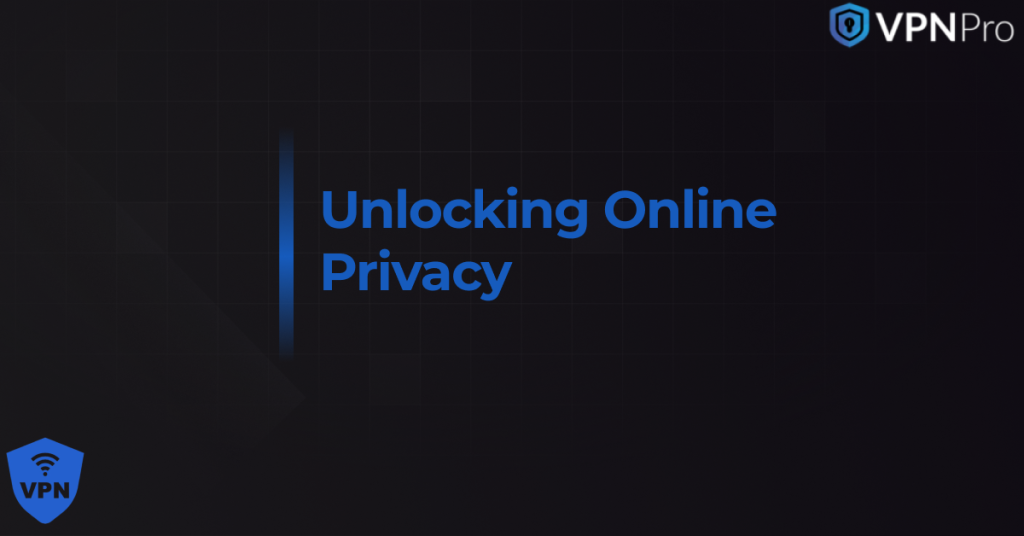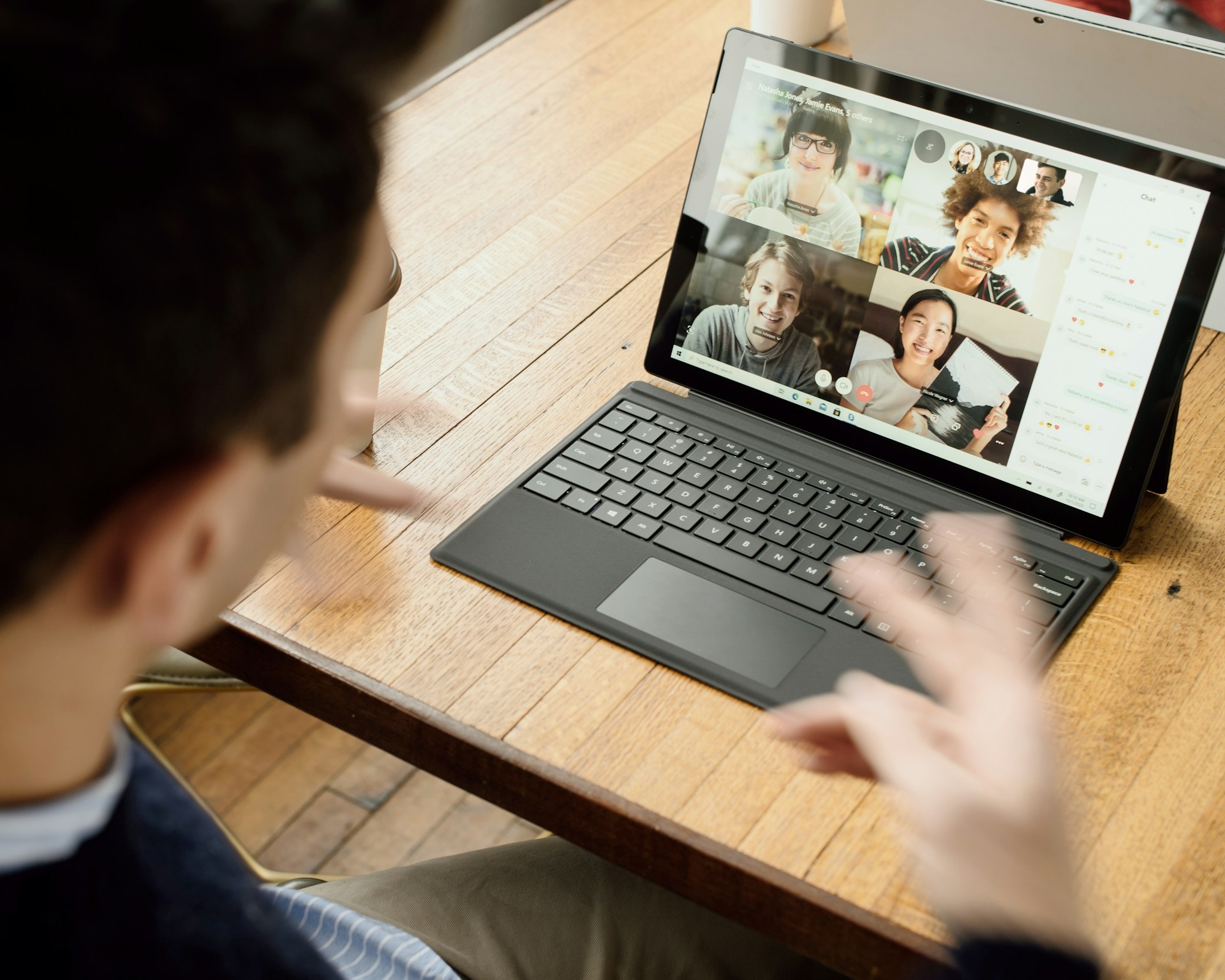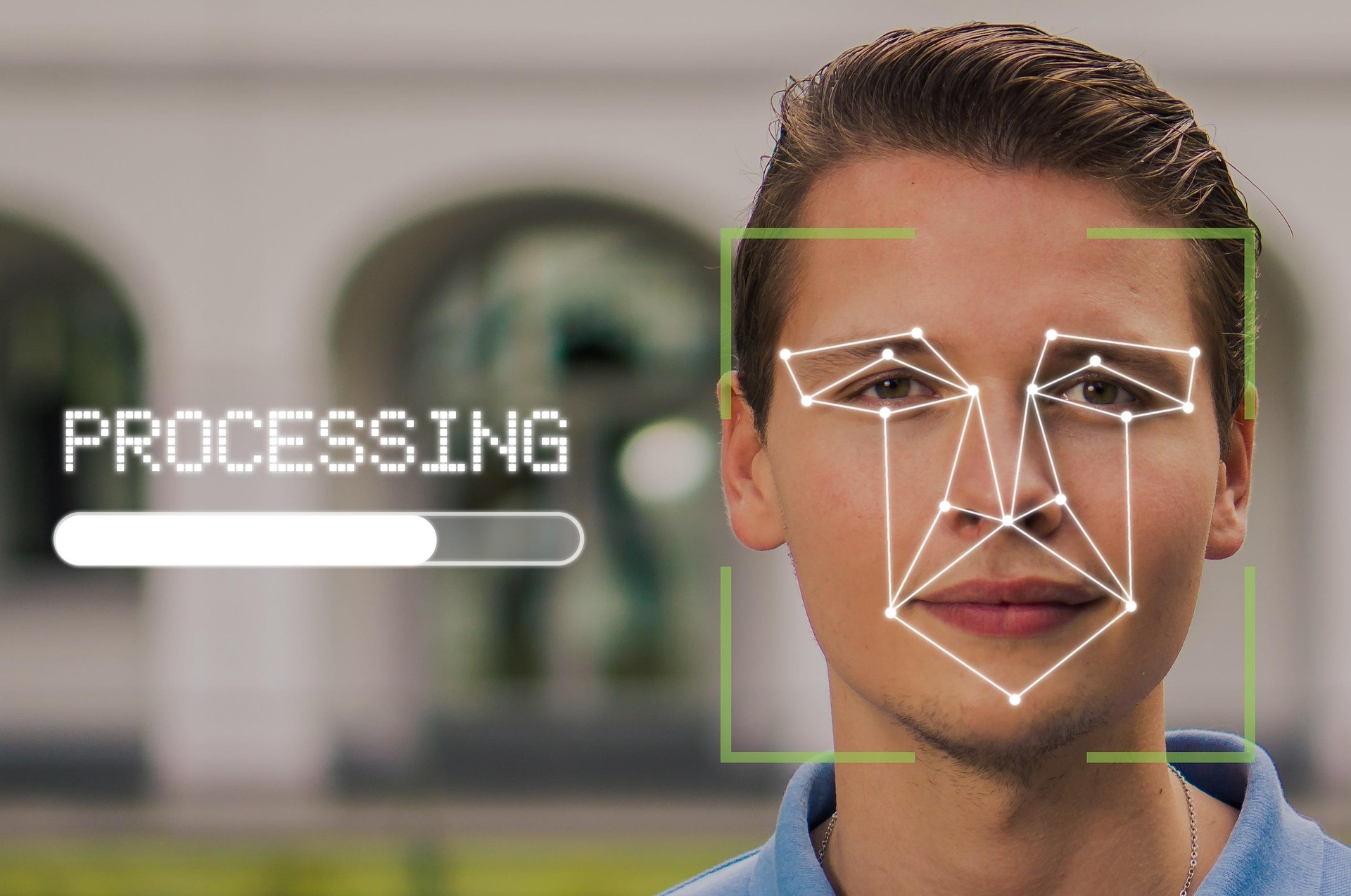
A VPN, or Virtual Private Network, is a technology that many online users seem to need. It provides users with an encrypted and secure connection over a network. Individuals and businesses use VPNs for the following reasons.
- To maximize the security of a network
- To improve privacy when online
- To hide IP addresses when visiting certain websites or performing specific tasks
- To access content that comes with geo-restrictions
There is no shortage of vulnerabilities when browsing the internet. Still, 27.9% of users in the United States use VPNs at their homes.
In this post, you will learn when you should use a VPN and when you should not. You will also learn the benefits of using a VPN at home and its potential drawbacks.
When you should be using a VPN
A VPN routes the internet connection through specific servers. That way, it helps you to –
- Encrypt your information effectively
- Mask your IP address
- Prevent almost every kind of cyber threat
- Stay secure online
But not every situation requires you to use a VPN. Here are some reasons why it is good to use one.
-
Using Wi-Fi on public networks
Public Wi-Fi hotspots are insecure because cybercriminals often target them. When you use a public Wi-Fi hotspot, cybercriminals may monitor, intercept, or steal your sensitive data. A VPN can prevent your information from falling into the wrong hands.
The VPN encrypts your data and hides your real IP address. As a result, hackers can use your information to their advantage. Besides, a VPN hides your real location. This gives you privacy when you are online.
-
Accessing sensitive data
When you are using sensitive information online, it is wise to use a VPN to prevent data theft. Some examples of sensitive information include health records and bank details. A VPN will encrypt your data while routing it via secure servers.
As such, cybercriminals cannot intercept and use your information. Therefore, ensure that you are using a reliable VPN when online. When you use a VPN, your data travels through the VPN server. If you use an unreliable VPN, your data might be compromised.
-
Travelling overseas
Certain countries follow stringent internet censorship policies. Hence, it restricts access to specific services and websites.
A VPN can bypass region-based restrictions, allowing users to view restricted content easily. The restrictions could include private servers, country-based information, and so on.
-
Downloading files
A VPN comes in handy if you download files frequently from the internet. Most importantly, if the files are larger or you are downloading them from websites that are considered insecure. Moreover, a VPN keeps you safe from different types of online threats up to a certain extent, including malware.
A VPN masks your real IP address and encrypts your internet connection. It allows the network to safeguard you against cybercriminals. Hackers tend to target users who download files from insecure websites. Using a VPN enhances your privacy, but you should still be cautious about the websites you access and the files you download.
-
Working remotely
If you are working from another location, a VPN helps you gain access to the network of your company privately and securely.
Apart from that, a VPN can prevent hackers from gaining access to your company’s network. It makes sure that no one is monitoring your online activities.
VPN: Benefits and drawbacks
No wonder, a VPN can be an ultimate tool for improved online security and privacy.
Despite the good things of using a VPN, it has some drawbacks that you should know. Below you will find the benefits and downsides of using a VPN.
Benefits of using a VPN –
- Improved privacy – A VPN encrypts internet traffic. This makes it difficult for anyone to intercept your real IP and track your online behaviour.
- Enhanced security – A VPN provides an extra security layer to your internet traffic. It does so by hiding your actual IP address and encrypting your information.
- Bypass region-based content – A VPN can give you access to certain streaming services and websites that could be blocked in your region. That way, you can enjoy content even if it comes with restrictions.
- Remote access – With the help of a VPN, you can establish a connection to your work or home network remotely. This gives you access to printers, files, and other resources even if you are not physically available.
- Anonymity – Certain VPN providers offer anonymous IPs to users who prefer anonymity when online. An anonymous IP address does not allow websites to know your identity or monitor your online behaviour.
Drawbacks of using a VPN –
- Legal issues – Certain countries have strict regulations that ban users from using VPNs.
- Limited access – Some streaming networks, such as Hulu and Netflix, block users from accessing their content via VPNs.
- Potential dangers – Almost every free VPN service offers low security. Besides, they can collect personal data and sell it to willing third parties.
Is a VPN essential for home use?
It is beyond doubt that a reliable VPN could be the ultimate tool when it comes to providing security and privacy online.
From a 2022 survey, it was found that around 66% of users use a VPN service at home to safeguard personal data. Here are some reasons that show why a VPN is a necessity for online anonymity.
- Protects browsing history
- Helps access geo-restricted content
- Limits data collection
- Secures employers’ data
- Ease of downloading large files
Ultimately, the choice to use a VPN is a personal one. But it is a decision that carries increasing importance in today’s digital landscape. As cyber threats, data breaches, and online surveillance become more common, taking proactive steps to protect your privacy is essential. A VPN offers a powerful layer of protection by encrypting your internet connection, masking your IP address, and safeguarding your data. It saves you from hackers, trackers, and even your internet service provider. However, not all VPNs are created equal. Choosing a reputable provider is crucial to ensuring your security and avoiding false promises.
If you value your online privacy and security, using a VPN is one of the smartest decisions you can make.




